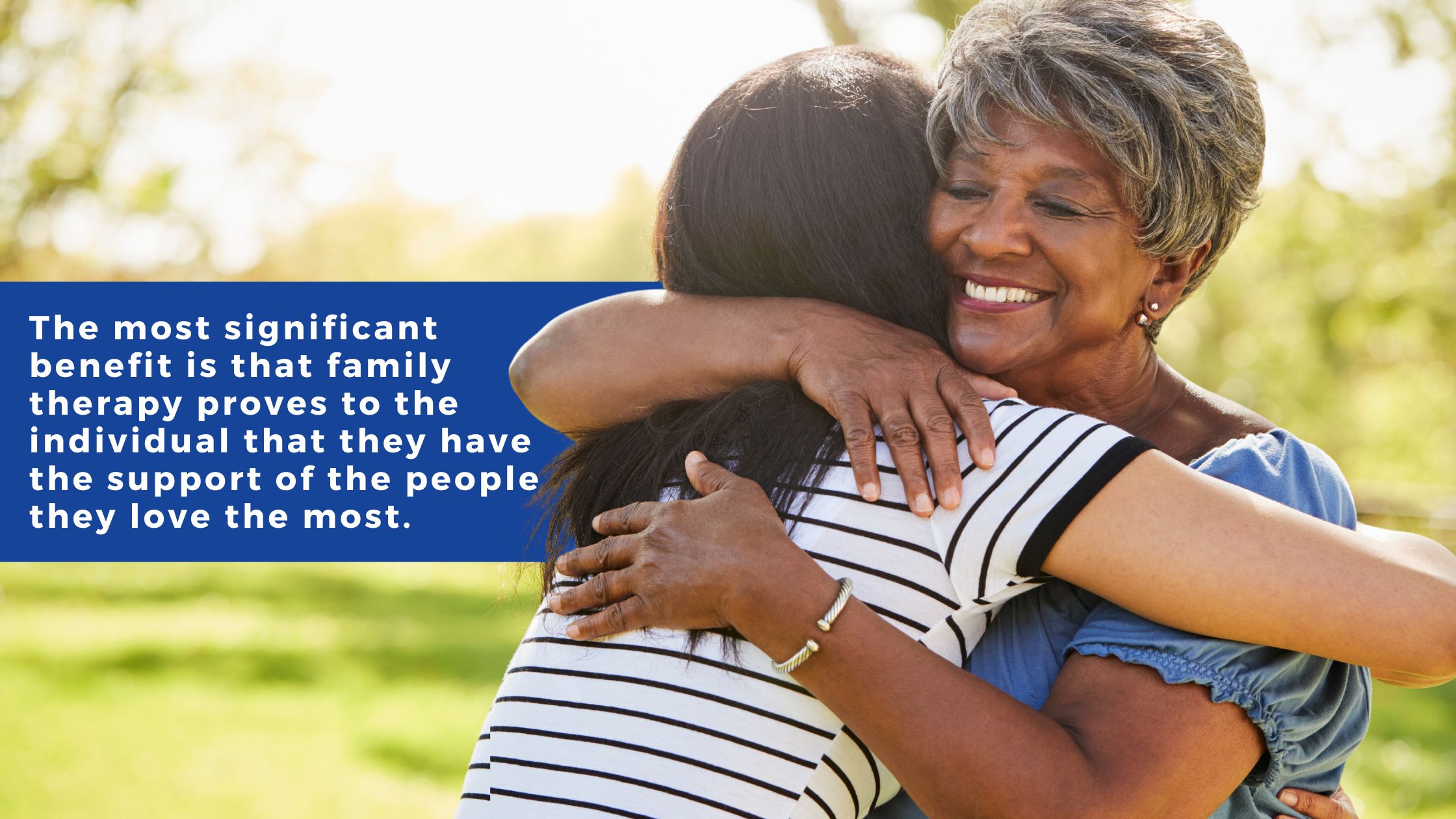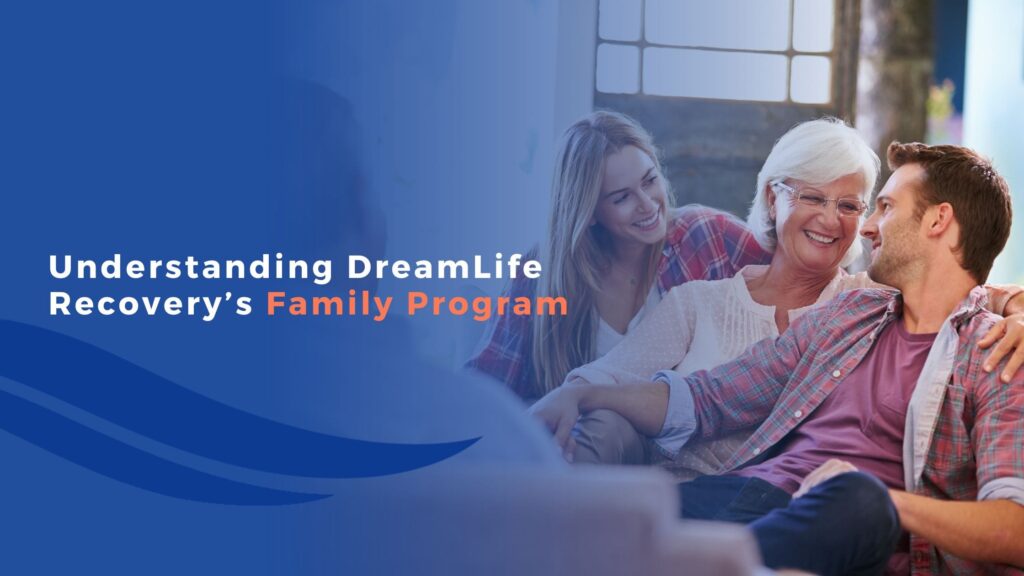“How do I help my loved one?” is a question that comes to mind for families and friends of those with a substance use disorder. Substance Use disorder impacts the whole family system, not just the individual that has substance use disorder. This is why we involve families and friends within our program.
Knowing that substance use disorder impacts the family system, it is imperative we work towards helping improve the health of the whole system. Our treatment model is broken up into two roles required by the staff at DreamLife: Liaison’s role & Therapist’s role.
Both of these roles, when combined, foster the initiation process of recovery for the individual and the recovery of the family system.
Alcoholism and drug addiction impact everyone close to the person struggling with the addiction. It takes a toll on the family’s relationships, sense of unity, physical and mental health, and the emotional and financial stability of the home. DreamLife Recovery encourages family involvement in a client’s recovery and offers resources and support for the family members.
Liaisons Role
The liaison department provides the family and friends of the clients attending our program with a staff member who will communicate with family regularly throughout the client’s stay.
The liaison team provides them with updates on how the client is progressing in the program, along with the reassurance of peace of mind through the process. Liaisons often work towards helping the families understand the importance of aftercare programs as the clients leave our facility and encourage a robust recovery support system, including a healthy living environment as the client is discharged from DreamLife.
Weekly Support Meetings
Additionally, part of our family program is an online weekly support meeting. Professionals from our facility engage family members to help them navigate and feel a part of their loved one’s treatment.
This program is built off of a four-week model. The model includes four topics that are discussed each week. The topics often revolve around education on the disease of addiction, levels of care, boundaries, dual diagnosis, medical management, and self-care.
This allows the family to gain additional resources to help their loved one and themselves. It provides them with a network and a community to not feel alone and share like-minded stories with other family members who have also been through similar experiences.
Therapist Role
The therapist’s role is to include family as part of the treatment plan of the clients attending our program. The family is provided with a concrete understanding of substance use disorders and learning skills to create healthy changes in the family system.
Therapists provide a compassionate and supportive environment for family therapy. Rebuilding family relationships starts with honesty, healthy communication, and a vision of understanding.
The Importance of Family Programs
Education and understanding of substance use disorders and the progression of addiction is often a key concept for families to learn. There are many stigmas associated with addiction, and individuals often feel embarrassed or ashamed by their disease.
The most significant benefit is that family therapy proves to the individual that they have the support of the people they love the most. Clients may not realize that their family members are understanding and willing to collaborate with them throughout recovery.
Family therapy helps clients by showing them they have a support system to assist them during this challenging time. Involving families in the client’s recovery process often increases clients’ motivation to maintain sobriety.

Topic Covered During Family Therapy
Topics often focused on during family therapy are discovering how substance use disorders progress, analyzing signs of relapse triggers and behaviors, understanding the differences between enabling addiction and supporting recovery, setting effective boundaries, forming healthy coping skills, mental health, opening communications, and more.
Most importantly, our family therapy offers families a foundation to create a healthy and open family system with renewed vision.
Our family program allows families to feel safe and connected through the client’s recovery process. You don’t have to feel alone. We are here to help. If you are interested in our Family Therapy Program, call us at (855) 384-5808 or fill out this contact form.







